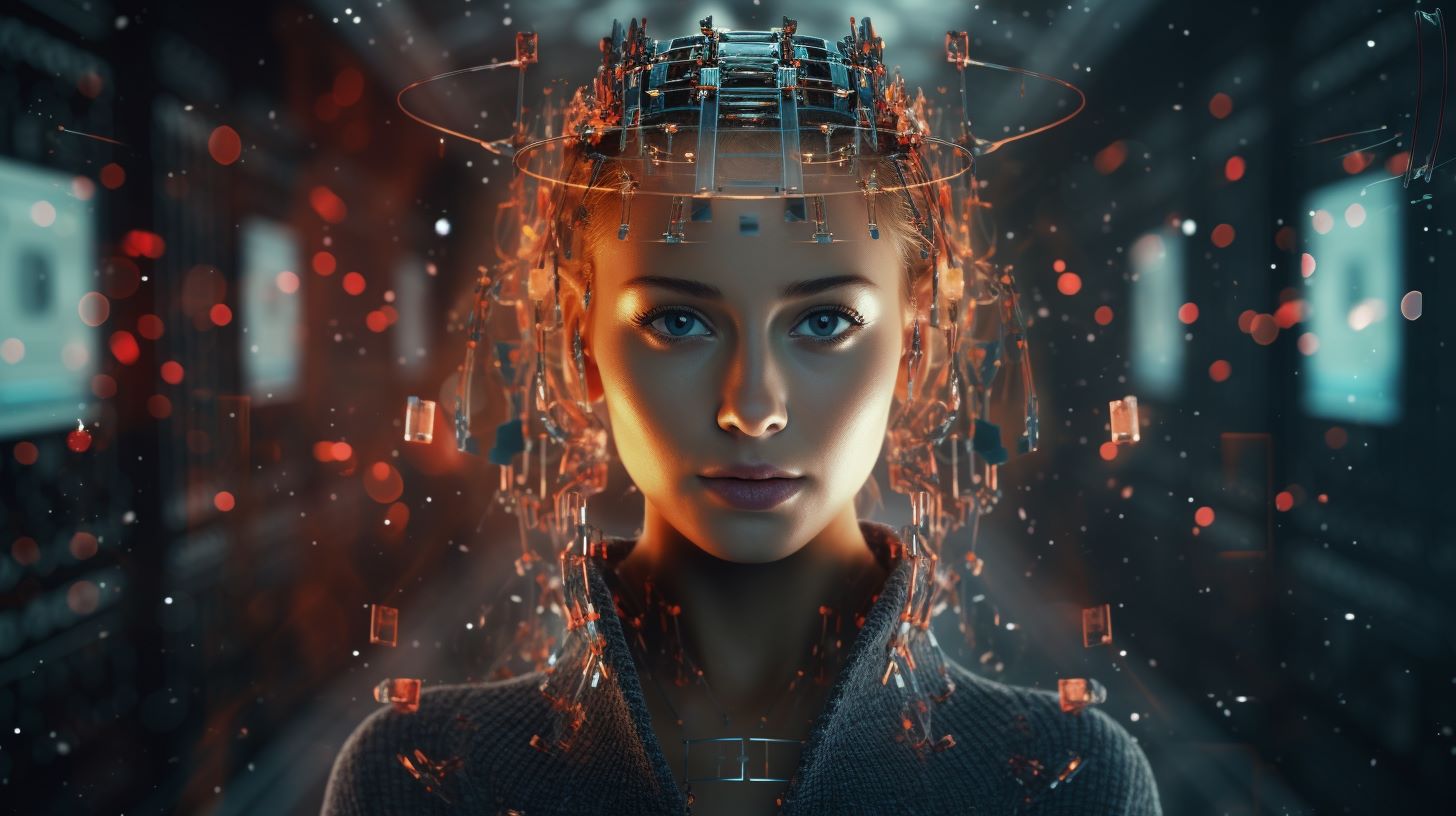Objectives, program and content of the course, promoted by Collegio Nuovo and included in the three-year degree program in Communication, Innovation, Multimedia (CIM) at the University of Pavia
Big data and machine learning: knowledge, information, power is an elective course included in the 3rd year of the Bachelor of Arts in Communication, Innovation, Multimedia (CIM) program at the University of Pavia. The teaching, promoted by the Collegio Nuovo, is part of the SPS-08 (Sociology of Cultural and Communicative Processes) area and gives rise to 6 CFUs. For the Italian version of this page, see here.
Goals
By the end of the course, the student should be able to:
- understand the concepts of numerical representation of the world and computability, which are necessary to interpret the characteristics of the information society, as well as the big data paradigm (the large aggregations of data flowing in real time from multiple sources) and the new artificial intelligence techniques (machine learning and generative artificial intelligence);
- assess the main sociopolitical, legal, cultural and ethical implications of such models;
- apply prompt design techniques and best practices in the use of some generative artificial intelligence platforms (ChatGPT, Midjourney).
Program
The course is divided into three parts: an introductory part, an in-depth part, and a workshop.
The introductory part (7 lectures, total of 14 hours) allows to share the basic vocabulary necessary for understanding the object of the teaching itself: difference between data, information and knowledge; concepts of database and database management system (DBMS); difference between relational and non-relational databases; elements of the history of artificial intelligence; machine learning algorithms; difference between machine learning and deep learning, large language models and generative artificial intelligence, etc.
The in-depth part (7 lectures, total of 14 hours) explores the nature of the phenomenon and its historical roots, highlighting the factors driving its pervasiveness: the explosion of big data, the “datafication” of experience and the spread of the principle of computability in the main domains of economic and social life. Three domains, in which the big data paradigm is enabling the most significant changes, are considered:
- Information and journalism
- Marketing and advertising
- Bioinformatics, medical diagnosis and pharmaceutical research
The laboratory part (6 meetings, total of 12 hours) is organized around the specific area of generative artificial intelligence and the applications available today for the use of large language models. In particular, the lab offers students the opportunity to train in the main techniques of prompt engineering, collaborating with artificial intelligence to produce original and meaningful content (text, images, audio and video).
Teaching methods
The course is organized into:
- face-to-face lectures (supported by the use of Wooclap platform to follow up closely the degree of understanding of the participants in real time);
- analysis of case studies;
- guided exercises;
- group project
PowerPoint or PDF presentations, made available to students in the teaching section on the KIRO platform, are used to conduct the lectures. These materials are released in a format that complies with the principles of accessibility for users with disabilities (header structure, reading order, alternative text for images, self-descriptive links).
Attendance at lectures and tutorials is strongly recommended. However, video recordings of individual lectures are made available to students who cannot attend lectures.
Reference bibliography
A reference bibliography related to the topics covered is provided at the end of each lecture. The following is a list of monographs that are useful for further study of the course topics as a whole:
- Hannah Fry, Hello World. Essere umani nell’era delle macchine, Bollati Torino, Boringhieri, 2019 (original edition Hello World. How to Be Human in the Age of the Machine, London, Black Swan, 2019)
- Astrid Howe, Artificial Intelligence for Beginners: An Introduction to Machine Learning, Neural Networks, and Deep Learning, Astrid Howe,
- Helga Nowotny, Le macchine di Dio. Gli algoritmi predittivi e l’illusione del controllo, Roma, LUISS University Press, 2022 (original edition In AI We Power, Illusion and Control of Predictive Algorithms, Cambridge, Polity Press, 2021).
- Stuart Russell, Peter Norvig, Intelligenza artificiale. Un approccio moderno, Milano, Pearson, 2021 (original edition Artificial Intelligence: A Modern Approach. Global Edition, London, Pearson Education, 2021).
- Toby Walsh, Machines Behaving Badly: The Morality of AI, Cheltenham, The History Press,
- Toby Walsh, Faking Artificial Intelligence in a Human World, Cheltenham, The History Press, 2023.
The above texts are not intended as compulsory readings, to be taken for exam preparation, but as useful sources of further study.
Exam
The examination consists of an individual oral test, lasting about 15-20 minutes, designed to evaluate the competencies acquired during the course. The test covers at least three separate topics related to the different subjects covered. The final grade is based on the degree of depth and understanding of the topics presented and the ability to integrate the knowledge acquired during the course. The final grade will be assigned according to a grading scale of 0 to 30, distributing the weight of the individual questions equally. During the test, the student use multimedia materials (pictures, movies, graphs, PowerPoint presentations or similar) to support his or her argument.
Only students who are unable to attend class are offered the option, as an alternative, to take the exam by presenting an oral paper – possibly accompanied by multimedia support (PowerPoint or similar) – on the following monograph:
Luciano Floridi, Etica dell’intelligenza artificiale. Sviluppi, opportunità, sfide, Milano, Raffaello Cortina Editore, 2022 (revised original edition, The Ethics of Artificial Intelligence. Principles, Challanges, and Opportunities, Oxford, Oxford University Press, 2023).
